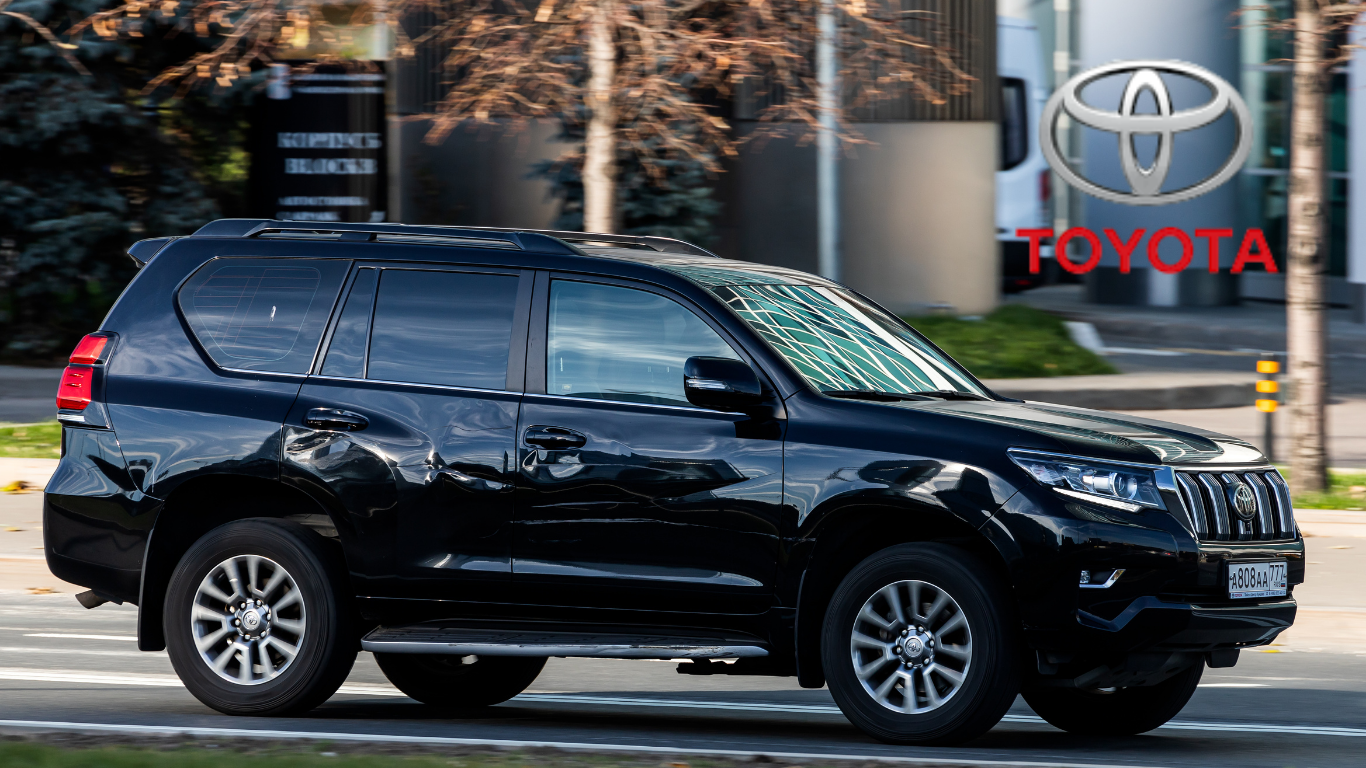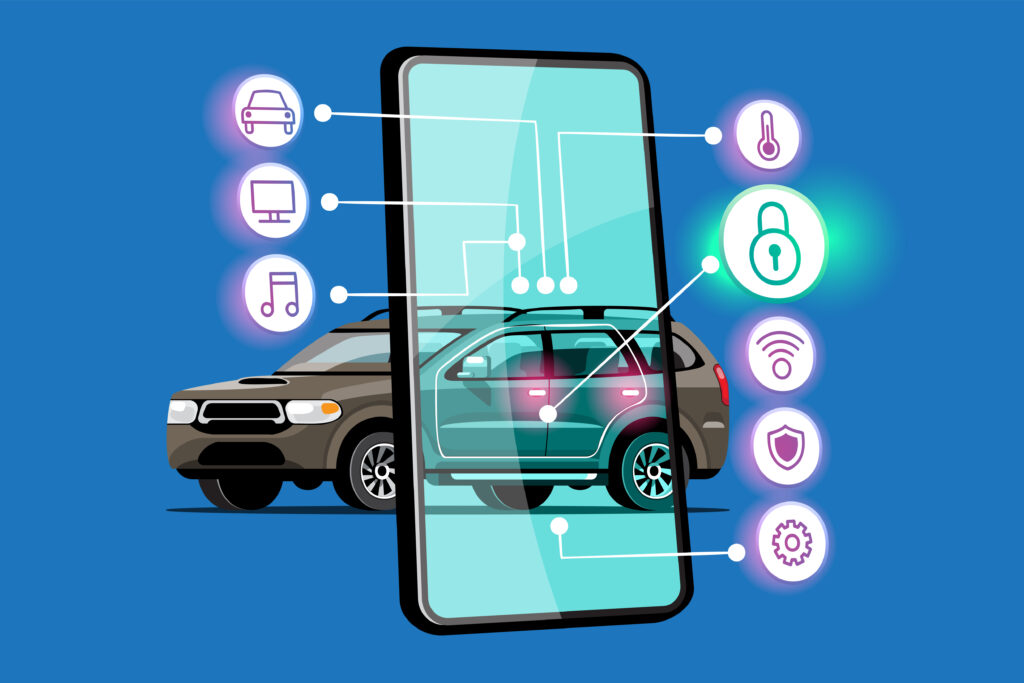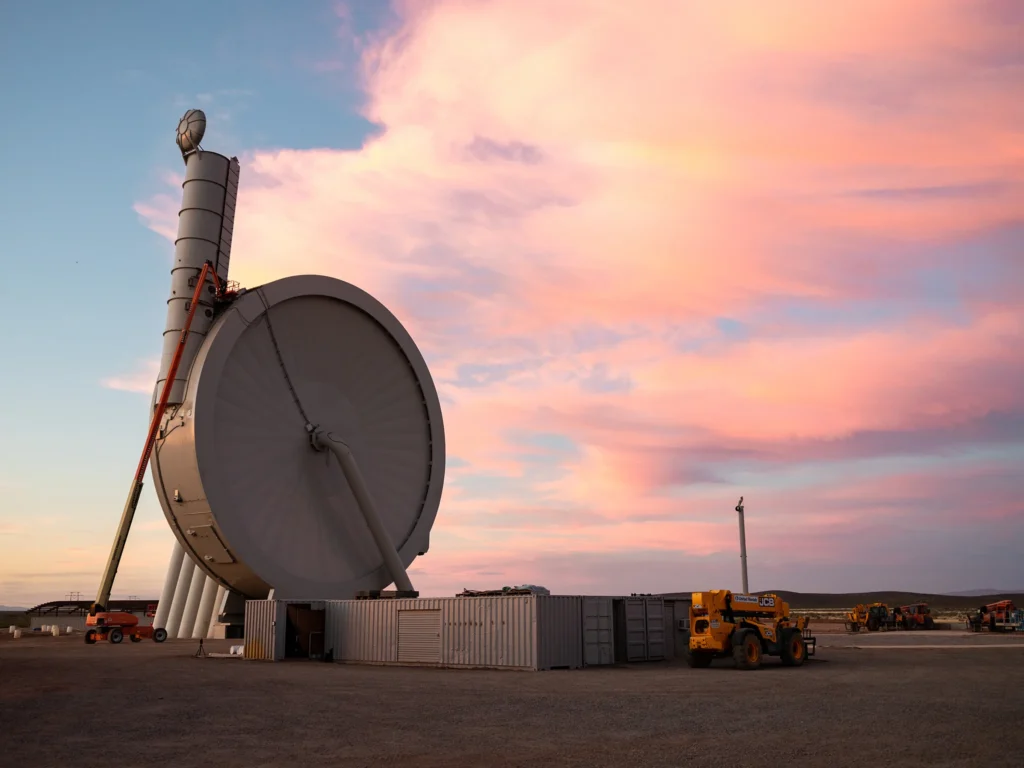Intro: Can Water Really Fuel Your Drive?
What if you could power your automobile with a single jug of water? No more gas stations. No more charging ports. Just pure and cold H₂O. That’s the notion behind a staggering rumor that has been taking the World Wide Web by storm: Toyota has supposedly invented a water-powered engine. Social media erupted with enthusiasm. Tech blogs generated headlines. TikTok videos made it appear as if the end of the EV age had arrived.
Is this true? Or is it just an internet fantasy?
Let’s break it down: whatever the claim states, what Toyota is doing, and what it all implies for the future of automobiles.
The Viral Buzz: Water as Fuel?
It began with internet claims that Toyota engineers had introduced a revolutionary water-powered engine. The device is said to convert water into hydrogen and oxygen by electrolysis, resulting in a clean-burning fuel source directly within the car. What’s the concept? Pour water in and drive away—zero emissions, zero charging time, and complete freedom.
That would be revolutionary.
People envisioned recharging from a garden tap, removing the need for fossil fuels or lithium batteries, and saying farewell to long EV charging times. Naturally, this produced headlines like “Toyota Just Crushed the EV Market!” and “Is This the End of Tesla?”
So, Is It Real?
Let’s take a step back for a moment.
Despite popular belief, Toyota has not built a water-powered engine. There is no formal press release, demonstration, or patent for this type of innovation in Toyota’s public R&D pipeline.
Toyota has officially affirmed that the corporation would continue to work on hydrogen fuel cell cars (FCEVs), such as the Toyota Mirai, which utilizes compressed hydrogen rather than water as fuel.
So where did the rumor originate?
The confusion is most likely caused by speculative coverage and a lack of understanding of Toyota’s hydrogen development. This is the truth:
What future technologies is Toyota exploring besides hydrogen fuel cells?
Toyota is exploring a range of innovative technologies including solid-state batteries, hybrid-electric systems, and synthetic fuels, all aimed at creating cleaner and more efficient transportation options.
What is electrolysis and why is it important for hydrogen fuel cells?
Electrolysis is a process that uses electrical energy to split water into hydrogen and oxygen. It is important for hydrogen fuel cells because it provides a method for producing hydrogen, which is then used as fuel in vehicles like Toyota’s Mirai to generate electricity for propulsion.
Why are there rumors about water-powered cars being developed by Toyota?
Rumors stem from misunderstandings about Toyota’s work on hydrogen fuel technology and electrolysis. The idea of a water-powered car is often confused with hydrogen-powered vehicles, leading to speculation that Toyota might develop cars that run directly on water, which is not supported by current evidence.
How does Toyota actually use water in its vehicles?
Toyota uses water indirectly by extracting hydrogen through electrolysis for its fuel-cell vehicles like the Toyota Mirai. This process requires external energy sources to split water into hydrogen and oxygen, but vehicles do not generate electricity from water onboard.
Is Toyota currently developing a water-powered engine?
No, Toyota has not developed a water-powered engine. The company has officially stated that it continues to focus on hydrogen fuel cell technology and other alternative fuels, but there is no evidence of a water-to-energy vehicle in their research or development pipeline.
Electrolysis is used to extract hydrogen from water. Toyota’s fuel-cell automobiles use hydrogen to generate energy while driving, powering electric motors for a smooth, zero-emission journey. However, electrolysis necessitates a significant amount of energy, which is normally supplied by external sources. Toyota has not yet created a vehicle that performs electrolysis onboard using water as the sole input.
While the science is excellent, the practical application is still a long way off. What is the point of pouring tap water into an automobile and watching it go away? That is still in the sci-fi category.
What Toyota Is Actually Doing
Toyota has actively invested in alternative fuel technology, particularly hydrogen. The Toyota Mirai is an excellent example of a fuel-cell vehicle that operates on compressed hydrogen gas, produces only water vapor, and can be refueled in under five minutes.
They are also focusing on solid-state batteries, hybrid-electric cars, and synthetic fuels, among other cutting-edge technologies.
Toyota is undoubtedly pushing beyond what is possible, but they haven’t defied physics with a water-powered engine—at least not yet.
Let us be honest.
The world longs for a water-powered car—one that produces no emissions, requires no mining, uses no fossil fuels, and does not require a plug. This dream is a tremendous dream, but in a world striving for net-zero emissions, even a hint of a breakthrough is amplified, leading to a viral rumor about optimism packaged in headline excitement. Simple refueling is a key component of this vision.
Final Thoughts: Rumor or Not?
This is a rumor.
Let’s be clear: Toyota hasn’t solved the code for a water-powered engine. It’s just speculation—no facts, technology, or timing.
However, this does not imply that the future is not fascinating. Toyota and other automakers are developing next-generation innovations that will change how we travel, from hydrogen to solid-state batteries to energy recovery systems.
So, while your next automobile may not run on water, it will most likely be cleaner, quieter, and smarter than anything now on the road.
Water-powered automobiles may be a myth for the time being, but they represent a greater truth: people are yearning for creative answers. And if the car industry has shown us anything, it is that today’s fantasy may become tomorrow’s reality.
So, be curious, question the hype, and keep looking ahead—because the future of transportation is changing quicker than we realize.



